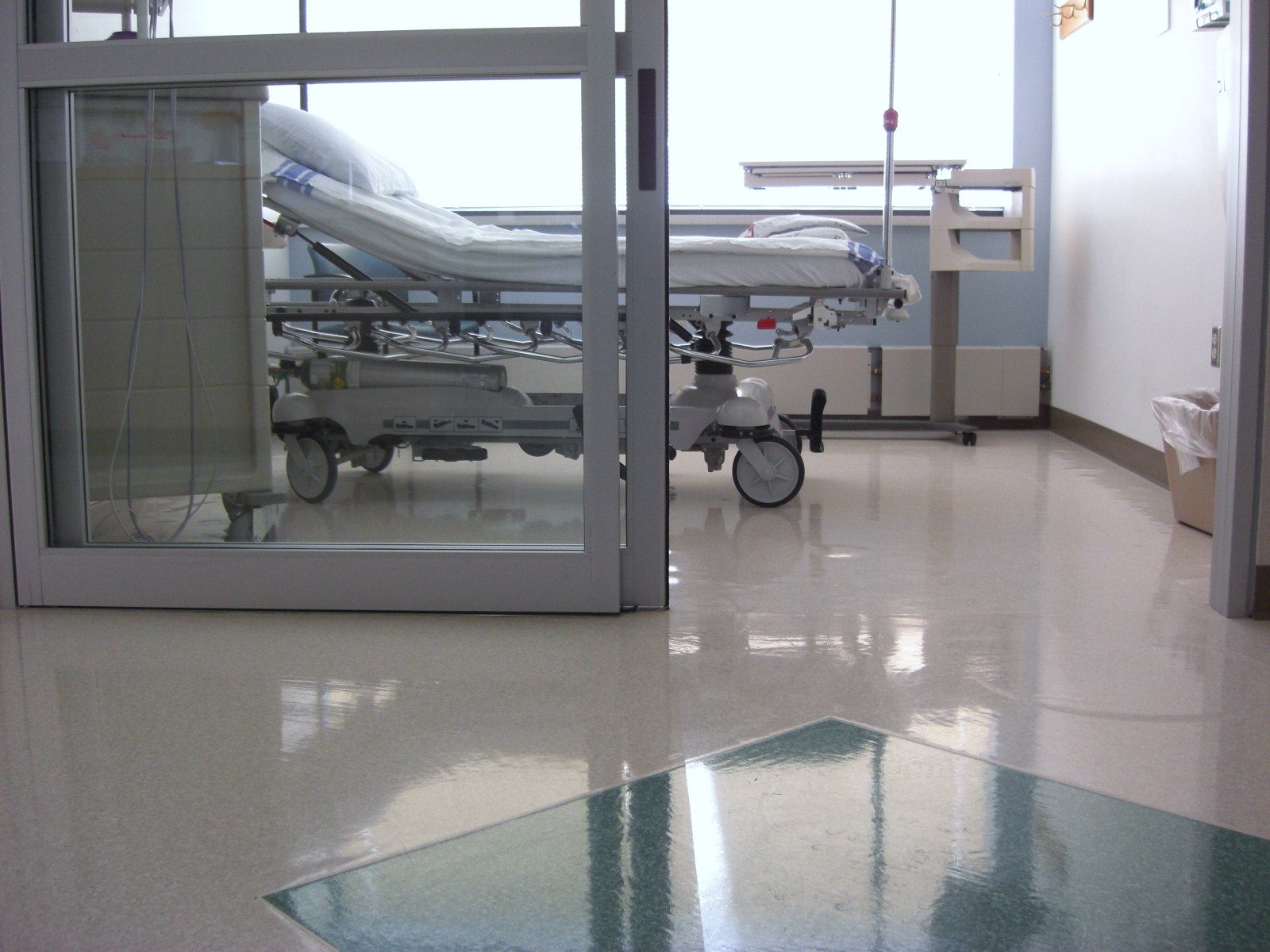Expanded care for help support women with substance abuse is on the way and the province says the benefits will expand across Vancouver Island.
A new treatment centre is currently being expanded across the province, but with more beds opening in Nanaimo, Vancouver and Kelowna the province says it will help women who are experiencing challenges in several areas.
“The new treatment and recovery centre provides women, Two-Spirited and gender-diverse people who have experienced long-standing challenges with addiction, incarceration and housing instability,” they say. “Clients can stay as long as two years, offering the stability they need to rebuild their lives and break the cycle of addiction.”

Minister of health Josie Osbourne says compassionate care is essential along the road to recovery, which is why expanding these services is so important to the province, and each municipality.
“One of the most important moments in a person’s journey is the moment they ask for help,” she says. “When they do, it’s essential that compassionate and effective care is available.
“This new recovery centre will change lives by helping more women on Vancouver Island get the right care and support and is a vital step in strengthening mental-health and substance-use services in BC.”
According to a media release, the new treatment centre is in Victoria and currently has 20 newly opened beds but other facilities across the province have opened additional units to house those who need care.
“Substance-use support services for women have expanded, with 24 additional women-only treatment beds opened in 2024,” the release says. “These new beds make it easier for women to access care in their communities.”
Canadian Mental Health Association of BC CEO Jonny Morris says the new spaces are vitally important, and with the ability to stay up to two years it means more women will have a better chance at recovery and re-integration back into the community.
“The ability to stay will allow individuals to recover and heal in a supportive community, at their pace,” Morris says. “We’re grateful to collaborate with the province and New Roads to offer this life-changing, person-centred care.”
The province says they intend to expand treatment to all regions in BC.
In January, six beds were opened by Island Crisis Care in Nanaimo for women who completed treatment to get longer-term support.







